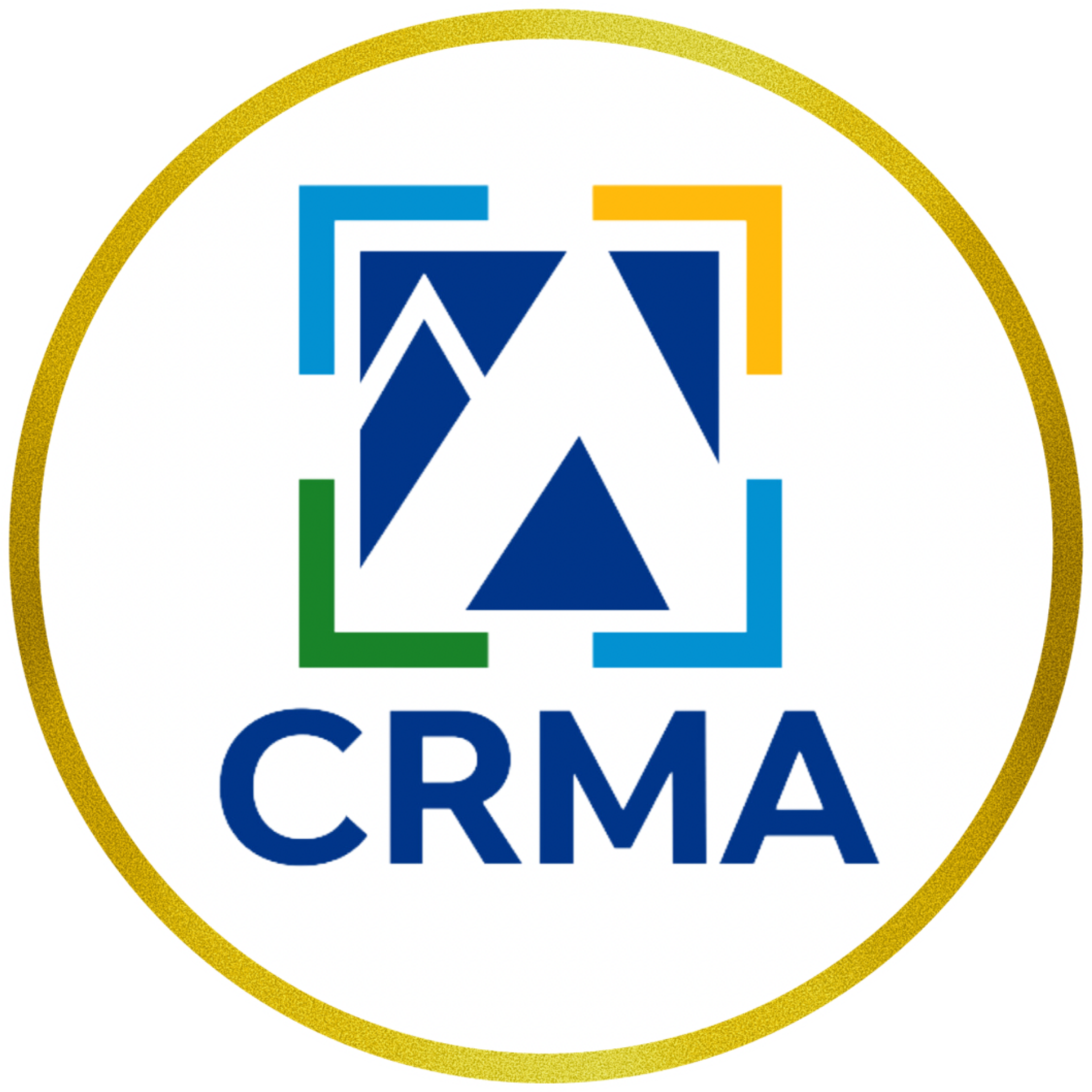The Paria diving Disaster: “Pre Motems” are much better that “Post Mortems”
Condolences to the family, friends, and colleagues of those who lost their lives in this catastrophe. The best way for the leaders of these institutions to honor those lives lost is not by talking but by acting. There is a maxim that says: “the uninspected usually deteriorates”. There are risks and hazards (and they are not always the same) that may have gone without being risk assessed, and so they have metastasized, morphed, and in waiting. I professionally believe that the term, “standard operating procedures” must be revisited, because if these “procedures” have not been risked assessed, inspected, updated, then there will be more failures.
” because adherence to standard operating procedures is difficult to second guess, decision-makers who expect to have their decisions scrutinized with hindsight are driven to bureaucratic solutions and to extreme reluctance to take risks”..Daniel Kahneman (Nobel prize winner) from his book, Thinking Fast and Slow.
There are only 3 possible general outcomes (impact) when a major risk eventuates:
- Reputational
- Financial
- Injurious (lost of life, limb, major injuries)
The outcome (impact) arising from this Paria diving catastrophe, can be one of the above, some of the above, or all of the above. Unfortunately, In this scenario, it is all of the above.
Risk is defined as the effect of uncertainty on achieving an objective. In this disaster, as some as indicated in the below excerpts, the UNCERTAINTY in this case and in any other industry, is not restricted to the subject matter industry expertise, diving (in the paria case) but also, operations uncertainty, people/employee uncertainty, third party uncertainty, risk and safety culture uncertainty and more. These points, I respectfully submit, speak to the importance of having an effective risk management program. That said, however, risk management is never a panacea or a silver bullet: bad things will still happen, but think of a risk management program as an airbag in your vehicle, it will not prevent bad accidents from occurring, but it will reduce the impact (save a life?) when an accident does occur.
From Sunday March 6th’s Trinidad Guardian:
“In a risk assessment, someone would have taken into account every possible situation that could go wrong. The person who does that risk assessment has to be somebody who has a vast amount of knowledge and experience, not just in diving…,” Lutchmedial.
Why is it that decision-makers/employees believe, and wrongly so, that because they have the “experience” that all will be well and they are all-knowing? (think cognitive dissonance/biases; think E.J Smith syndrome; think illusions of skill and validity). Why do some executives/Board members believe that because it may not have happened before, that it cannot happen now/here? (Normalization of Deviance? or is it that “If they can’t think it, they can’t act on it”?)
More quotes from March 6th guardian:
- “Did Paria have all the right people on the job site to do this assessment? Were all the permits provided, meaning a diving permit? Did they have a dive plan in place? Did they do a proper assessment? Was a capability assessment done on this contractor for the dive plan? I could hire a diving contractor, but are they capable of such complex, highly hazardous diving operations?”
- ‘The local expert believed Paria should have conducted an in-depth risk assessment on the job, going through every step of the exercise in detail to identify possible risks’
Please be more proactive and anticipatory folks,
Practice makes perfect but it does not make NEW!
